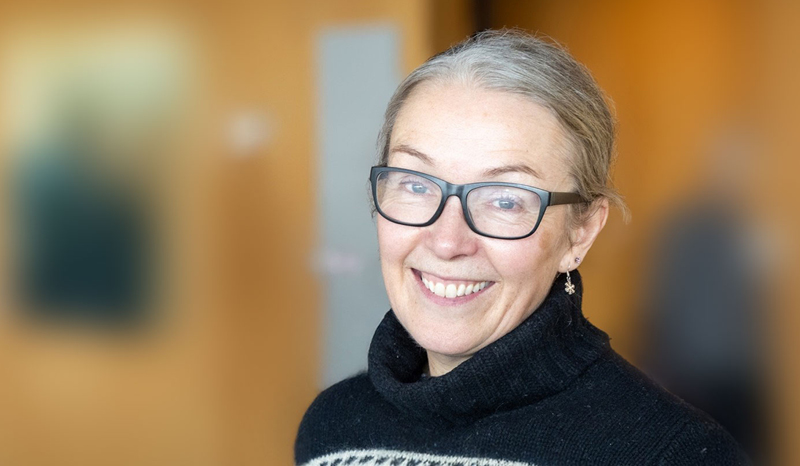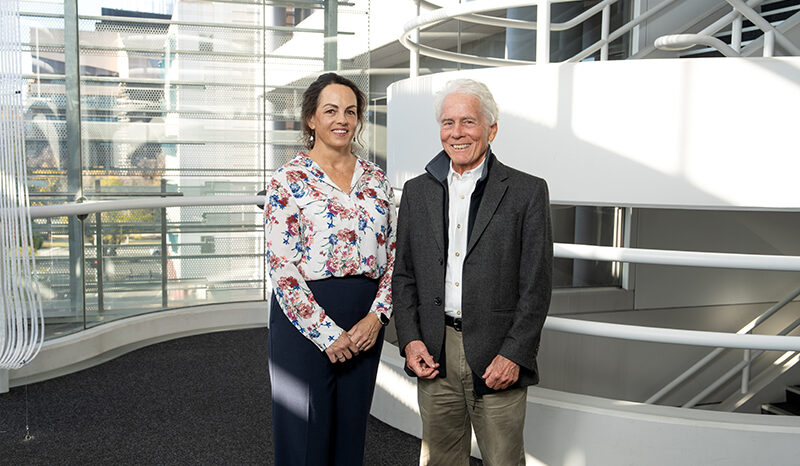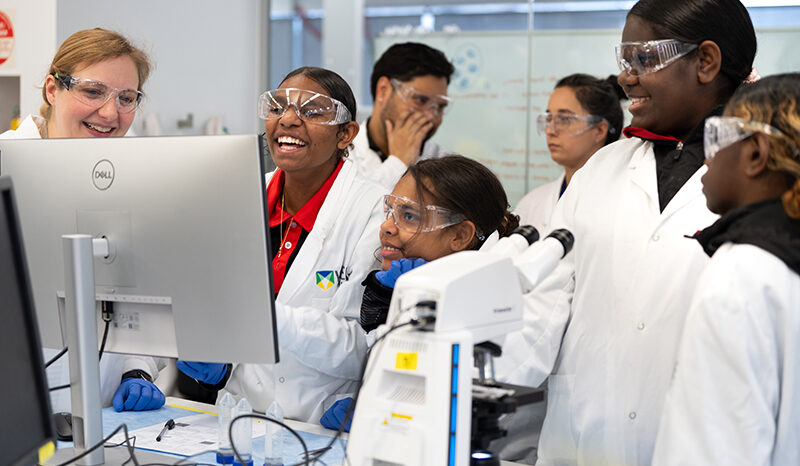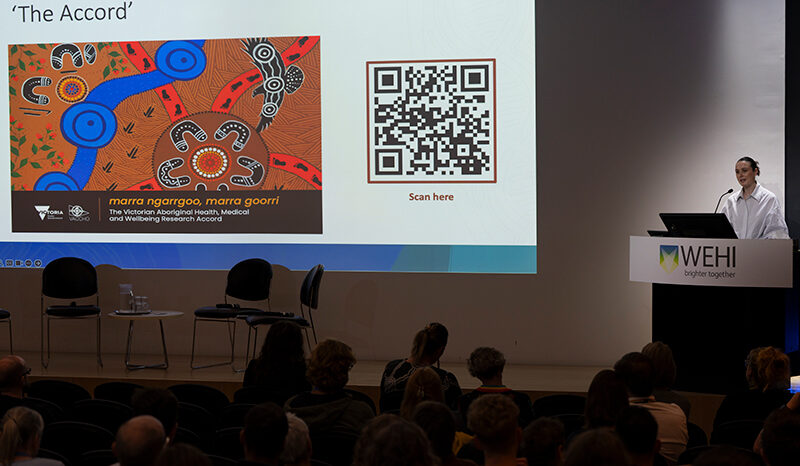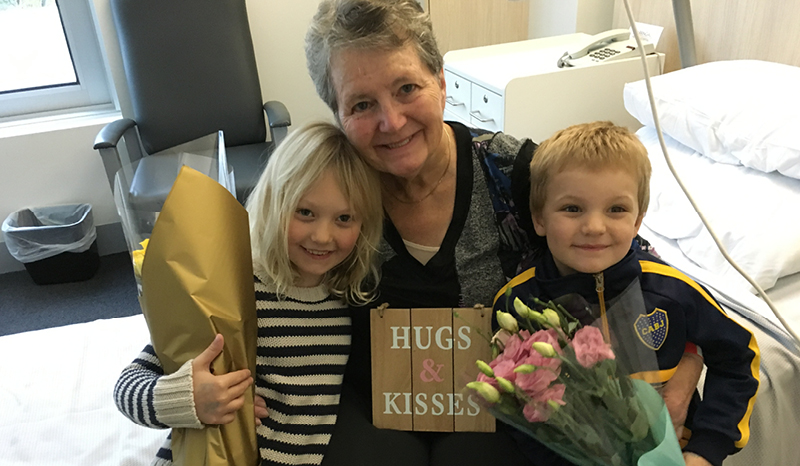In its inaugural year, our Chism Indigenous Honours Scholarship program will nurture budding researchers, thanks to generous support from WEHI alumni
Stan and Karen Chism’s relationship with WEHI started in 1974. Stan was a newly hired Assistant Professor at the University of California San Francisco with a strong interest in cancer immunology. Upon reading about the advances made by WEHI scientists Emeritus Professor Jacques Miller AC, Dr Noel Warner and Sir Frank MacFarlane Burnet, Stan made a pivotal decision to postpone his new faculty position and undertake a post-doctoral fellowship at WEHI.
Stan and Karen had an incredibly fruitful two years in Melbourne – forming lifelong friendships and significantly contributing to our understanding of oncofetal antigens, proteins found in adults with certain kinds of cancer.
Stan said one of the most important things about their time at WEHI was the people and how knowledge was shared so freely.
“The scientists were so approachable at teatime; it was a great boon to postdocs for the exchange of ideas, interdisciplinary problem-solving and learning.” Upon Stan and Karen’s return to the US, Stan continued to recall their time at WEHI fondly.
“For many years I thought about the unusual environment WEHI provides for young scientists to learn, grow and be productive in their scientific endeavours. It was specifically due to our gratitude for faculty members like Noel Warner and others at WEHI that we finally decided to make a donation,” he said.
In 2019 Stan and Karen were able to visit WEHI again. Between catching up with old colleagues and friends they found time to ask how they could support WEHI with larger donations. Giving charitable donations overseas could be difficult, Stan said.
“It was through an intermediary agency, the Chapel & York Foundation, that we gained a mechanism for transferring international support.”


